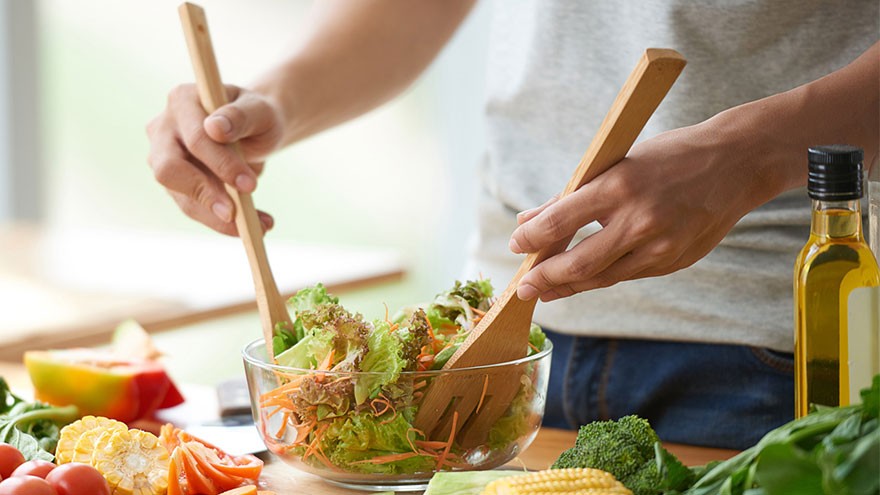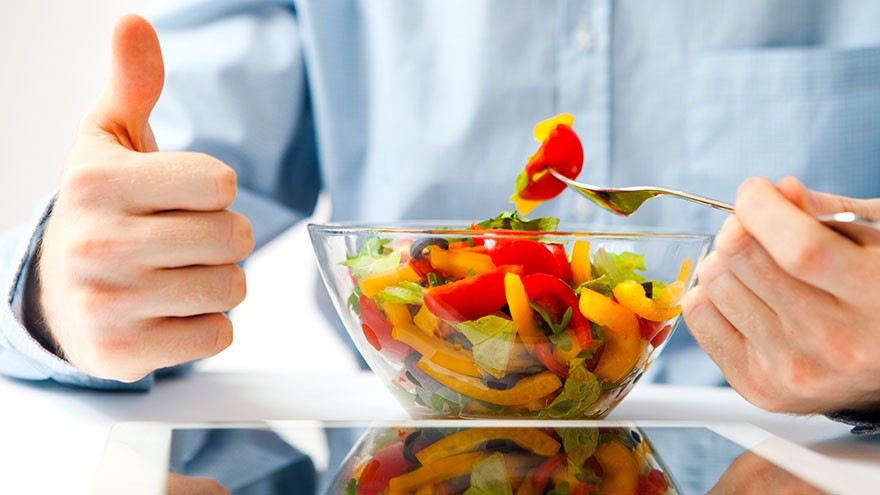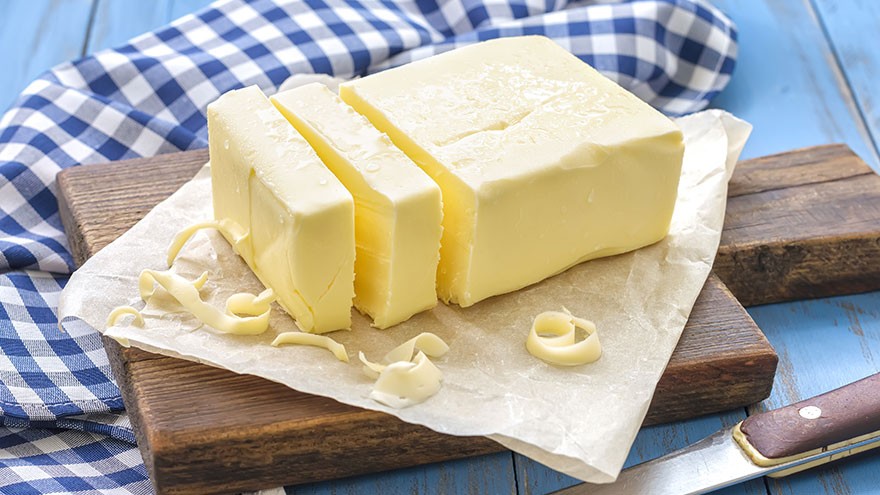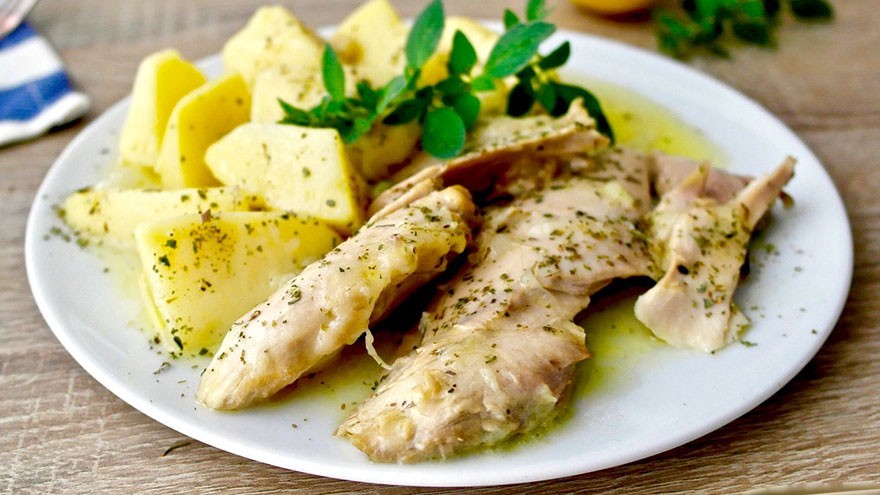Don’t Be Afraid to Add Flavor
Many amateur chefs are afraid of adding flavor to their food. They worry they will overpower the dish, or make it unhealthy – or they simply don’t know how to add more flavor to the ordinary white rice or chicken breast nobody seems delighted to eat.
Fortunately, adding flavor to food is pretty easy once you understand a few basics. It isn’t all about salt and butter (although they are both important ingredients) – and some flavorful ingredients might even surprise you.
Here’s what you need to know before you tackle your next meal.
Don’t Be Afraid to Season
When professionals speak of seasoning food, they usually mean salting it – yet salting is something many amateur cooks avoid. Now, most of us know doctors say we shouldn’t consume more than 2,300 mg (less than a teaspoon) of sodium or salt each day, but if you avoid processed, high sodium foods and salt only one meal a day, you’ll usually fall within that guideline.
Remember to use kosher or sea salt, not ordinary table salt, and do more than give the salt container one shake. Salt meat and poultry well before cooking, and add salt to the water before adding pasta or potatoes.
What a difference!

Have an Herb
Herbs are an easy way to slightly or greatly alter the flavor of food. Whenever possible, use fresh herbs for the best flavor – but remember you’ll need more fresh herb than you would a dried herb. (As a general rule, substitute one tablespoon of fresh herb for one teaspoon of dried herb.)
For better results when using dried herbs, keep them in a cool, dry, dark location in an air tight container, and discard once they loose their strong smell.

Butter is Better
There is no way to replace the unique, creamy, buttery flavor of real butter. Fortunately, real butter is healthier than most margarines, anyway, and offers stronger flavor than most other fats. Don’t be afraid to use it!

Don’t Use Water
The least flavorful choice you can make when cooking is to use water.
Water is utterly tasteless, so instead opt for wine, broth or stock when you’re steaming, poaching, or braising foods, as well as when you’re making such things as soups and stews.
Citrus Surprise
Lemons, oranges, and other citrus add a jolt of flavor that’s unique (and needn’t be overwhelming). Just a teaspoon or less of grated citrus rind makes an otherwise bland dish exciting. Or give a little squeeze of juice over already cooked food that seems blah.
Never use bottled lemon or lime juice, though. Both limes and lemons are readily available year round in the grocery store and have a far superior flavor.
Wine and vinegar work in a similar way, adding acid to the flood and boosting its flavor. In fact, if you must not use salt while cooking, red wine vinegar will work almost as well. And if you really insist on going butter free, try white vinegar in place of butter in mashed potatoes.

No Vampires Here
A single, small clove of garlic adds flavor to a dish without overpowering it, but if you’re roasting, don’t be afraid to use a lot more. Roasted garlic has a much milder flavor, and I wouldn’t hesitate to roast a chicken, for example, with 20 cloves of garlic.
Diced onion is also a good way to add flavor to an otherwise dull dish. Experiment with different types, since they all taste a little different. Purple onions, for example, are more mild and sweet than white, and green onions and scallions are better choices if the onion will be eaten raw or barely cooked.
Check out the video version of this article on YouTube

